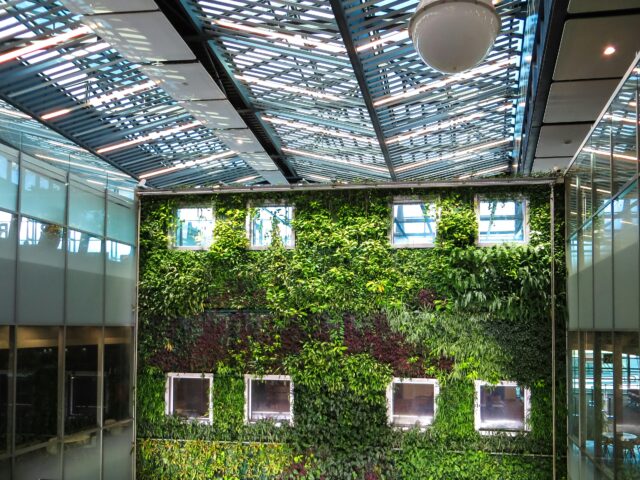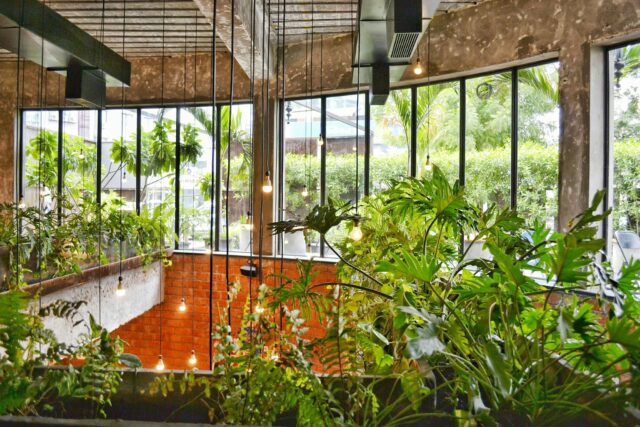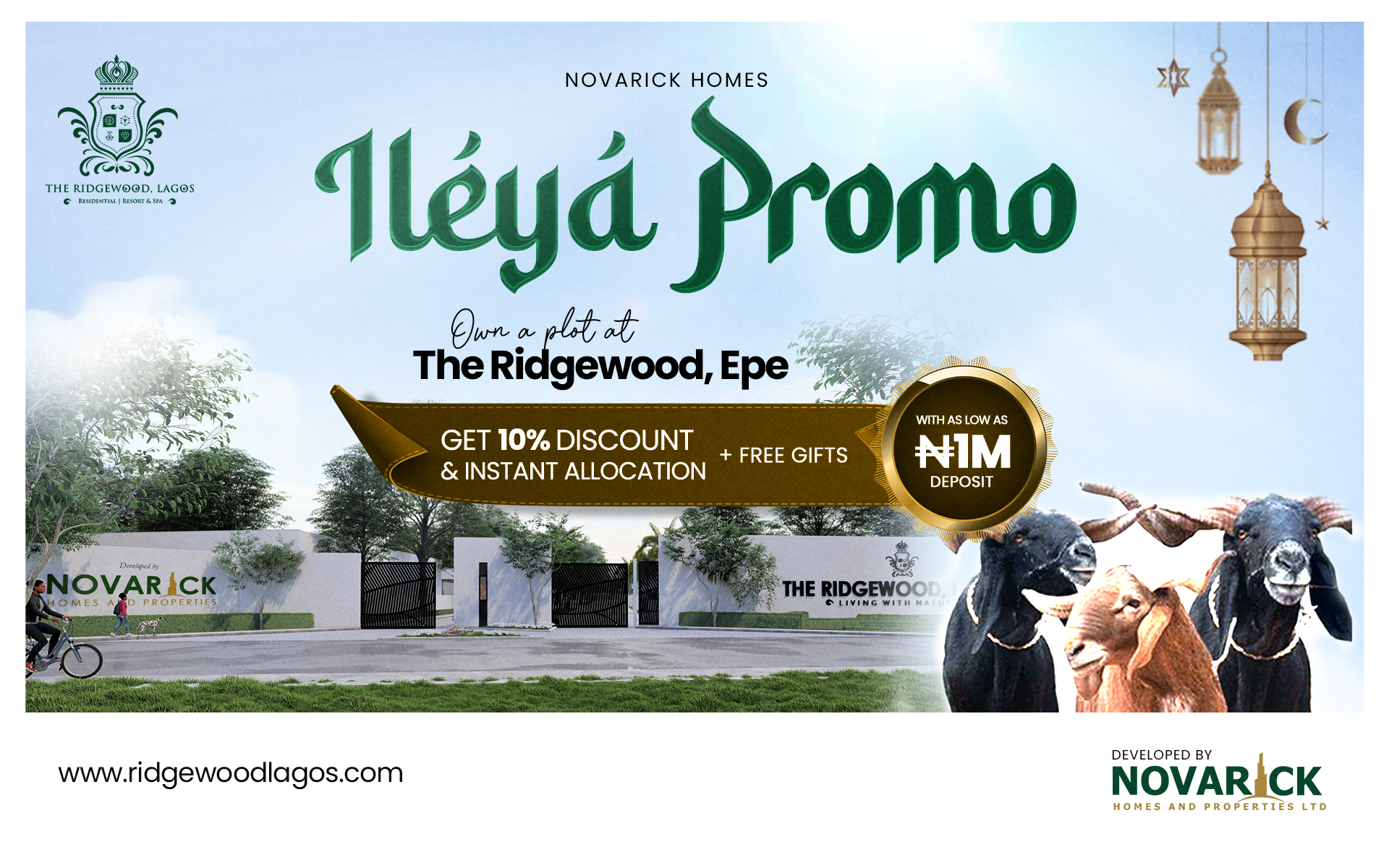Real estate development in Nigeria, like in many parts of the world, has traditionally focused on rapid urbanization and economic growth, often at the expense of environmental and social sustainability. Sustainability, in the context of real estate, refers to the responsible use of resources, reduction of environmental impact, and the creation of resilient communities. Embracing sustainable practices in real estate development is crucial for mitigating climate change, promoting environmental conservation, and fostering healthier communities. Not many people understand the “Green” context or what makes a home green. This article explores the challenges and opportunities of sustainable real estate development in Nigeria, strategies for implementation, and the importance of sustainability in the Nigerian context.
Challenges:
Nigeria faces numerous challenges in achieving sustainable real estate development. Rapid urbanization, population growth, and inadequate infrastructure strain natural resources and exacerbate environmental degradation. Additionally, outdated buildings and limited access to financing for sustainable projects hinder progress. Furthermore, there is a lack of awareness and commitment to sustainability among developers, investors, and policymakers.
Opportunities for sustainability:
Despite these challenges, Nigeria possesses significant opportunities for sustainable real estate development. The country’s abundant renewable energy resources, including solar and wind, present opportunities for integrating clean energy solutions into buildings and communities. Moreover, increasing awareness of sustainability issues among the public and the emergence of green building certifications offer incentives for developers to embrace sustainable practices. Furthermore, international partnerships and financing mechanisms can support the implementation of sustainable real estate projects in Nigeria.
Strategies for Sustainable Real Estate Development:
Green Building Standards: Nigeria should update its buildings to incorporate green building standards that promote energy efficiency, water conservation, and waste reduction. Adopting internationally recognized certifications such as LEED (Leadership in Energy and Environmental Design) or EDGE (Excellence in Design for Greater Efficiencies) can incentivize developers to prioritize sustainability.
Renewable Energy Integration: Encouraging the adoption of renewable energy technologies, such as solar panels and biogas digesters, can reduce reliance on fossil fuels and decrease carbon emissions in the built environment. Government incentives, such as tax credits or subsidies, can make renewable energy systems more accessible to developers and homeowners.
Sustainable Infrastructure: Investing in sustainable infrastructure, such as efficient public transportation systems and green spaces, can enhance the liveability of urban areas while reducing congestion and pollution. Integrating green infrastructure can mitigate the impacts of climate change by managing runoff.
Community Engagement: Engaging local communities in the planning and development process fosters a sense of ownership and ensures that projects meet the needs of residents. Community-led initiatives, such as participatory design workshops and neighbourhood associations, can promote social cohesion and empower citizens to advocate for sustainable development.
Financial Incentives: Providing financial incentives, such as low-interest loans and grants, can encourage developers to invest in sustainable real estate projects. Public-private partnerships and green bonds can also mobilize private capital for sustainable infrastructure investments while generating positive returns for investors.

The Importance of Sustainability in Nigerian Real Estate:
Sustainability in Nigerian real estate is vital for several reasons. Firstly, it addresses the environmental impact of rapid urbanization, helping to preserve natural resources and mitigate climate change. Secondly, it contributes to the creation of resilient communities, enhancing the quality of life for residents. Thirdly, sustainable practices attract international investors and align with global trends, positioning Nigeria as a responsible player in the real estate market. Lastly, sustainability is essential for long-term economic stability, as environmentally conscious development ensures resource efficiency and reduces operational costs over time.
Achieving Sustainability in Nigerian Real Estate:
Achieving sustainability in Nigerian real estate requires a multi-faceted approach. This includes updating regulations to incorporate green building standards, incentivizing renewable energy adoption, investing in sustainable infrastructure, engaging communities in the development process, and providing financial support for green projects. Collaborative efforts between government bodies, developers, investors, and local communities are crucial to creating a sustainable future for Nigeria. Here are some sustainability trends by Forbes to look at.
Sustainable real estate development is essential for Nigeria to address the environmental, social, and economic challenges of urbanization. By embracing green building standards, integrating renewable energy, investing in sustainable infrastructure, engaging communities, and providing financial incentives, Nigeria can unlock the potential for sustainable urban growth. Collaboration between government, developers, investors, and communities is crucial to realizing this vision and building a more sustainable future for all Nigerians.



